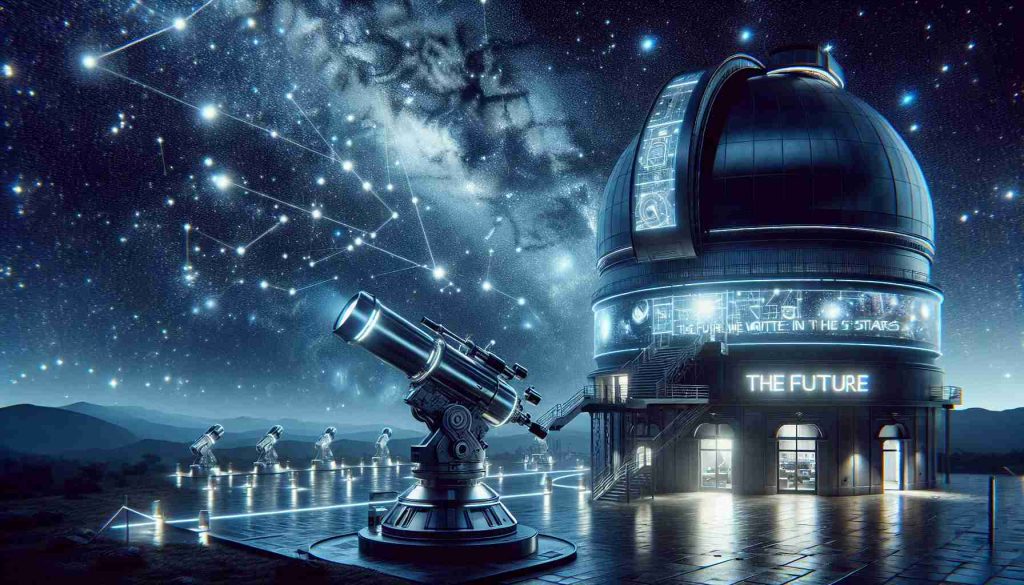AI in Astronomy
AI in Astronomy refers to the application of artificial intelligence technologies and methods to analyze and interpret astronomical data, enhance observations, and assist in various tasks within the field of astronomy. This includes the use of machine learning algorithms to process vast amounts of data collected from telescopes, satellite observations, and simulations. AI techniques are employed for a range of purposes: identifying celestial objects, classifying galaxies, detecting exoplanets, predicting cosmic events, and solving complex problems related to astrophysics. The integration of AI enables astronomers to uncover patterns and insights that might be elusive through traditional analytical means, ultimately advancing our understanding of the universe.








